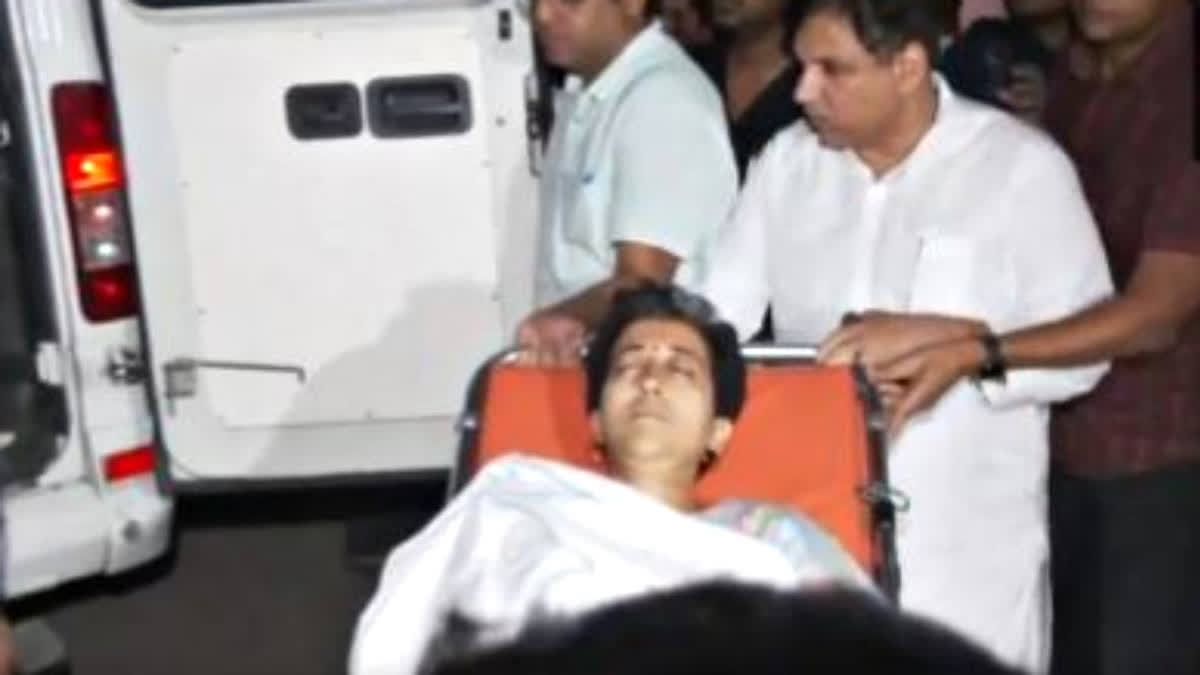New Delhi: Delhi Water Minister Atishi's hunger strike over water crisis in the national capital came to an end after she was admitted to the Intensive Care Unit (ICU) at Delhi's Lok Nayak Jai Prakash (LNJP) Hospital in the early hours of Tuesday. The 43-year-old minister's blood pressure and sugar level dropped drastically, prompting her hospitalisation.
Atishi, who began her hunger strike on June 21 amidst Delhi's heatwave, demanded increased water supply from Haryana, accusing the BJP-ruled state of withholding 100 million gallons per day (MGD) of water essential for nearly 28 lakh people in Delhi.
According to LNJP Hospital's Medical Director Suresh Kumar, Atishi was brought in during the early hours of the morning in a critical state, with dangerously low blood sugar levels and her sodium level was 127. She had refused initial hospitalisation but was later admitted as her condition continued to deteriorate.
Providing an update on her current condition, Kumar said, "Her vital parameters, including pulse, blood pressure, oxygen saturation, and blood sugar have stabilised since admission. She is currently receiving oral fluids and is under observation."
The Aam Aadmi Party (AAP), in a statement, highlighted that Atishi had lost approximately 2 kilograms within the first four days of her hunger strike.
Earlier, Delhi Lieutenant Governor VK Saxena met with AAP leaders, including Atishi, to discuss the ongoing water crisis in the national capital. Haryana's Chief Minister Nayab Singh Saini reportedly assured consideration of providing additional water to Delhi following the discussions.
Water Minister Atishi, who is on an indefinite hunger strike to ensure the water rights of 28 lakh Delhiites, has said that her indefinite hunger strike will continue till the Haryana government provides the water rights of Delhiites and till the gates of Hathnikund Barrage are not opened, said AAP.
The AAP has alleged that the neighbouring state of Haryana is supplying 100 million gallons per day (MGD) less water every day, which has severely affected the lives of 28 lakh people in Delhi, adding to the problem of water shortage. The issue of water shortage arose with the high temperatures and heat waves in the national capital.
The people of Delhi have been counting on water tankers to avail their daily requirements of water. Amid soaring temperatures, these scenes have become a daily occurrence in many areas of the national capital since the start of the summer season this year.



